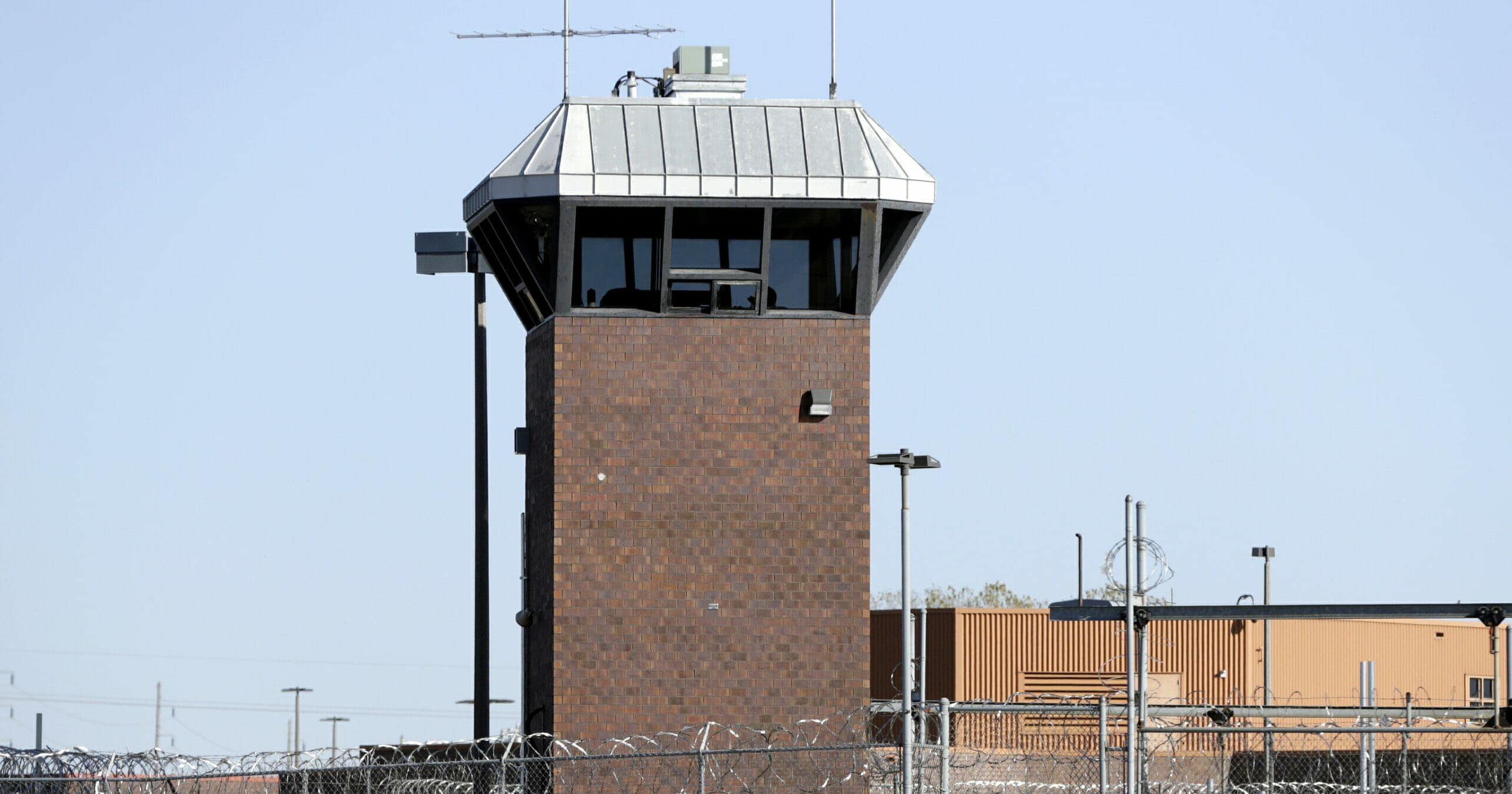
Nebraska Prisons Struggling To Reel In Out of Control Contraband Problem
Authorities have declared war on contraband in Nebraska’s largest prisons, repeatedly combing cells in the hunt for cellphones, drugs and weapons, but one top administrator admits the sweeps probably miss dangerous items and characterizes the cleanup as a near-impossible task.
Contraband in prison is nothing new, but experts say fighting the problem has become harder thanks to technology that facilitates smuggling, as well as persistent staffing shortages and a small number of correctional workers and visitors who go to extreme lengths to sneak illegal items inside.
“It’s becoming more of a challenge,” Kevin Kempf, the executive director of the Association of Correctional Administrators, said. “A prison is nothing more than a small city with razor wires and fences around it. You have staff and vendors going in and out all of the time and, unfortunately, when there’s money involved, it’s tough to prevent all contraband from getting in.”
Spurred by a string of assaults on guards and an increase in synthetic drugs such as K2, which mimics the effects of marijuana, officials last month placed the Nebraska State Penitentiary on lockdown twice in one week. The surprise shakedowns yielded illegal drugs, shanks and cellphones, but prison officials say they probably didn’t get everything. Another search last week by three dozen Nebraska National Guard members uncovered more drugs, homemade weapons and alcohol at the Lincoln Correctional Center, a prison for medium- and maximum-security inmates.
Nebraska Department of Correctional Services Director Scott Frakes said he asked the National Guard, Lincoln police and the Nebraska State Patrol to assist so the searches could be conducted without pulling correctional staffers from other prisons.
A small number of staffers and visitors are responsible for the contraband, including one visitor who hid drugs in the folds of his fat, Frakes said. Frakes said inmates and visitors constantly find creative ways to hide contraband. In his previous prison job in Washington, he said he encountered one inmate who concealed a 10-inch (25-centimeter) piece of sharpened metal in his rectum.
“I’ve seen the X-rays, and I shake my head,” he said.
Earlier this year, a man was arrested for allegedly trying to fly a drone loaded with marijuana and tobacco over the Lincoln Correctional Center.
Cellphones have become so prevalent in prisons — and present such a large security risk — that lawmakers approved new criminal penalties in May to discourage smugglers. Demand behind bars has surged in recent years, with cellphones fetching prices of $500 to $1,000 each.
Nebraska prison officials confiscated more than 250 contraband phones last year. The state’s inspector general for corrections described cellphones as a “significant safety concern” because inmates use them to coordinate gang activity and communicate with the outside world.
Kempf said many prison officials would like to use the kind of cellphone-jamming technology that was tested in a South Carolina correctional facility in April, but current federal regulations keep them from adopting the technology. A bill pending in Congress seeks to allow prisons to use jammers, but it’s opposed by the nation’s cellphone service providers, which say the technology could inadvertently block service to people living close to prisons.
The Nebraska State Penitentiary presents the most problems because of the large number of inmates and its location in the middle of Lincoln.
“It’s easy to get things in there,” said Doug Koebernick, a state inspector general who serves as an independent watchdog over the corrections department.
Koebernick said prison staffing shortages leave many workers tired and less likely to thoroughly pat down visitors and fellow employees entering the prison. He said staff members have complained to him that searches aren’t nearly thorough enough.
Frakes said the department is reviewing its search procedures and stressed that most staffers are doing their jobs correctly. But, he said, it’s virtually impossible to catch everything. Every shift change brings 50 to 70 employees into the prison and searching each of them thoroughly could take two hours. Employees recognize and know each other, and assume their co-workers aren’t doing anything illegal.
On Thursday, Frakes declared a staffing emergency in key prisons and the department unveiled plans to offer $10,000 hiring bonuses to try to address the staffing shortage.
The influx of contraband comes as no surprise to Jason Witmer, a former inmate at three Nebraska prisons who still interacts with prisoners through his work at a nonprofit group.
Witmer said he suspects most cellphones are smuggled inside by staff members, and prisoners want them because they “open up the world to you” at a time when Nebraska’s prisons are imposing tighter restrictions on yard time and other privileges.
“It was always there, but I think it’s escalating,” said Witmer, who was released in 2016.
The Western Journal has not reviewed this Associated Press story prior to publication. Therefore, it may contain editorial bias or may in some other way not meet our normal editorial standards. It is provided to our readers as a service from The Western Journal.
Truth and Accuracy
We are committed to truth and accuracy in all of our journalism. Read our editorial standards.
Advertise with The Western Journal and reach millions of highly engaged readers, while supporting our work. Advertise Today.












